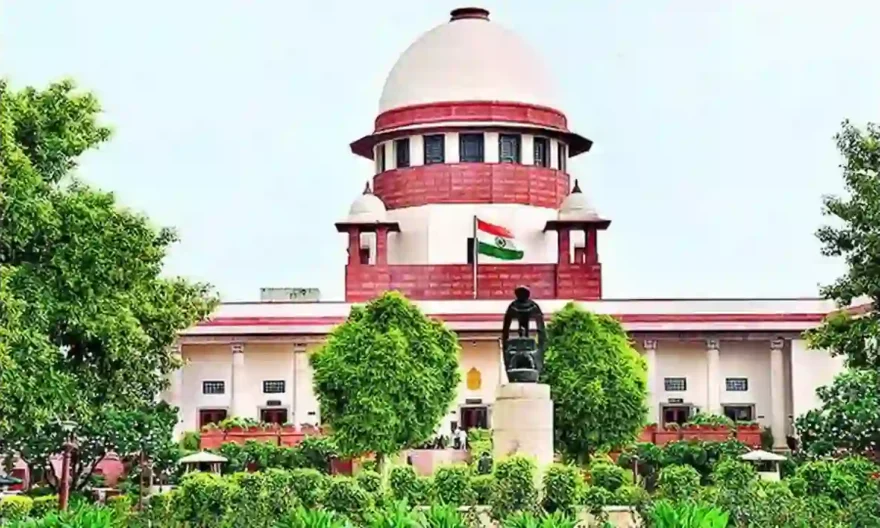
The National Federation of Indian Women (NFIW) has moved the Supreme Court to overturn eight state laws governing religious conversions, known as Anti-Conversion and Freedom of Religion Acts.
The petition filed through Advocate on Record (AoR) Aakarsh Kamra, challenges statutes enacted by the governments of Gujarat, Haryana, Himachal Pradesh, Jharkhand, Karnataka, Madhya Pradesh, Uttar Pradesh and Uttarakhand.
The petitioners claims that the statutes define the term “Allurement” too broadly, including legitimate and natural desires that actuate/persuade individual decisions for the purpose of marriage.
It objects to women being classified as a “vulnerable class” under these statutes. It claims that such categorization with separate (enhanced) punishment is illogical and has no rational connection to any legitimate object.
It is also argued that such classification has a disproportionate impact on women and their right to autonomy, as well as providing “arbitrary legal sanction to pervasive State intrusion into people’s private lives and decisions, in complete violation of the right to privacy and human dignity.”
According to the petition, the challenged laws deny the free exercise of the right guaranteed by Article 25 of the Constitution and suffer from the vice of vagueness and overbreadth in defining criminal offences, which has a serious impact on personal liberty.
Additionally, it asserts that these rules have led to “bullying, harassment, and violence” by family members or vigilante groups against interfaith marriages. It continues, “They are constitutionally untenable and should be set aside insofar as they permit, legitimise, and provide legal sanction to unwarranted interference, by family members or community vigilantes, into intimate and personal life choices, such as one’s choice of religion or marital partner.
It comes from the stereotype that women are the ‘weaker’ partners in marriage, unable of making independent decisions and lacking in ability. When these ideas are supported by statures, they help to reinforce negative gender stereotypes. Even if the concerned adult woman has no complaints about the marriage and/or conversion, the challenged laws deny women agency by submitting their union and/or conversion to legal scrutiny based on the whim and fancy of her relatives and parents.
Reliance is placed on Shakti Vahini v. Union of India where it was held that choice of an individual is an inextricable part of dignity.
The argument concludes by arguing that the challenged rules are constitutionally untenable because they prevent the “free movement of consciousness across religions,” whether it be through marriages between people of different faiths or voluntary conversions.
Thus, it requests that each of the eight statues be ruled invalid and unconstitutional.





